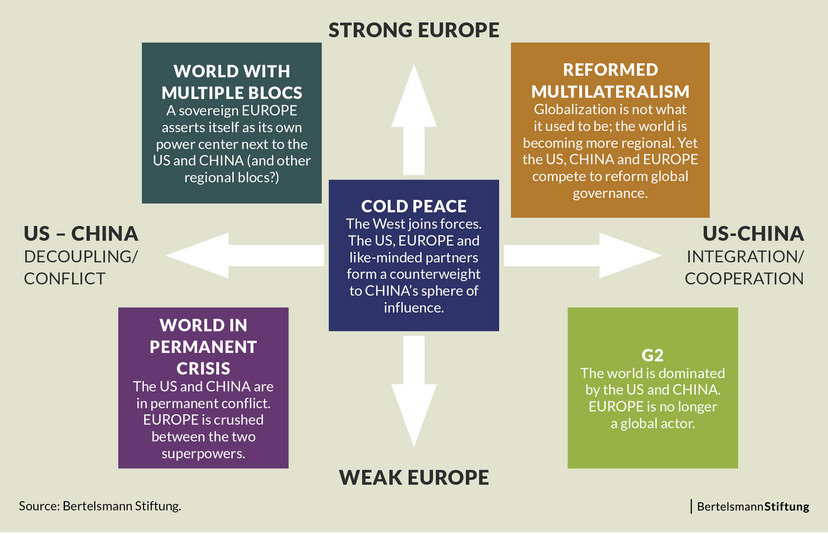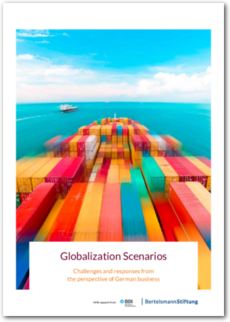As the study shows, all companies are very aware that geopolitical shifts are changing the foundation on which they do business. Many companies are prepared for the fact that under certain global conditions they will have to move at least part of their business operations from Germany to other world regions. However, the business models used in some industries require major investments in production facilities, which must then operate for decades to be profitable. This applies, for example, to primary industries and the chemicals sector. Yet making major investments abroad is especially risky if sales can only take place locally due to production processes or market conditions.
German companies that are quality and innovation leaders are generally confident that they can continue operating on a sound economic footing, even if a crisis occurs or blocs form. These include pharmaceutical manufacturers that are internationally oriented and highly innovative. This is particularly true for market segments in which production costs of supplier products only account for a small share of total costs.
The EU can make a crucial contribution to ensuring European companies remain competitive in the future, thus also contributing to European prosperity. The companies interviewed agree: Europe’s biggest trump card is its single market, the world’s largest economic area.
Against this background, Europe’s goal must be to compete with the US and China as an equal. Otherwise, Europe could well be reduced to the role of technology enabler in foreign markets, only playing a leading role there for a limited time before being displaced by companies from China or the US.
In addition to the Green Deal, a very important point for the companies is the focus on future technologies. Europe must remain technologically attractive and must pave the way for research, development and value creation within the EU. That is the only way that European companies can go up against the international competition over time. Cutting-edge technologies “made in Europe” could substantially mitigate the fallout from isolationist tendencies around the world.
![[Translate to English:] Container auf einem Schiff im Meer](/fileadmin/files/_processed_/f/7/csm_AdobeStock_82796029_KONZERN_ST-DA_Original_96069_02_12a4aa41bc.jpeg)






